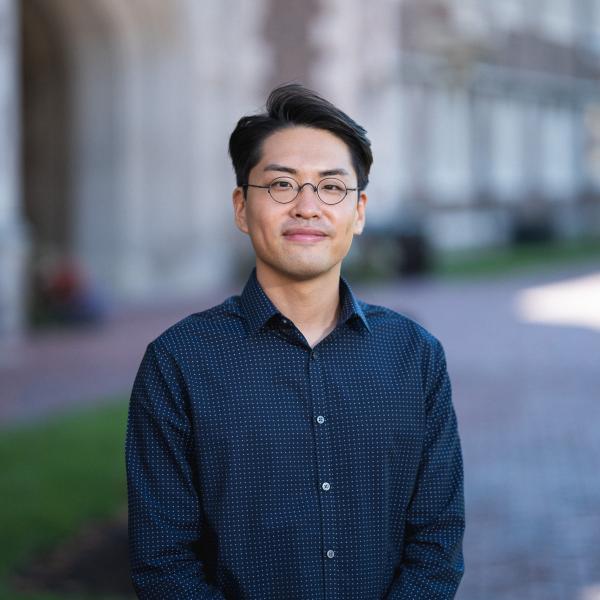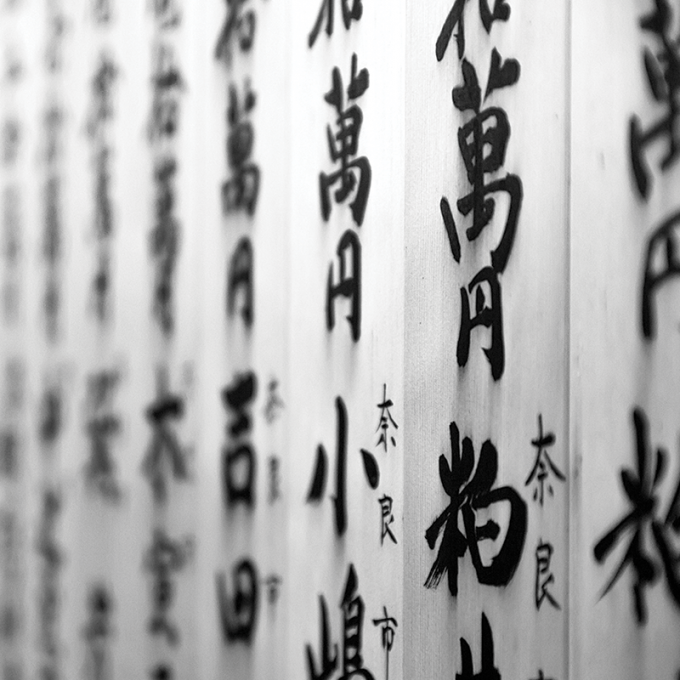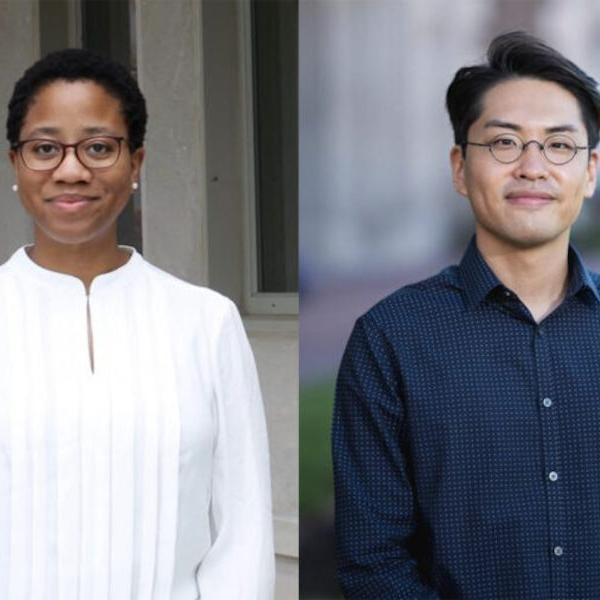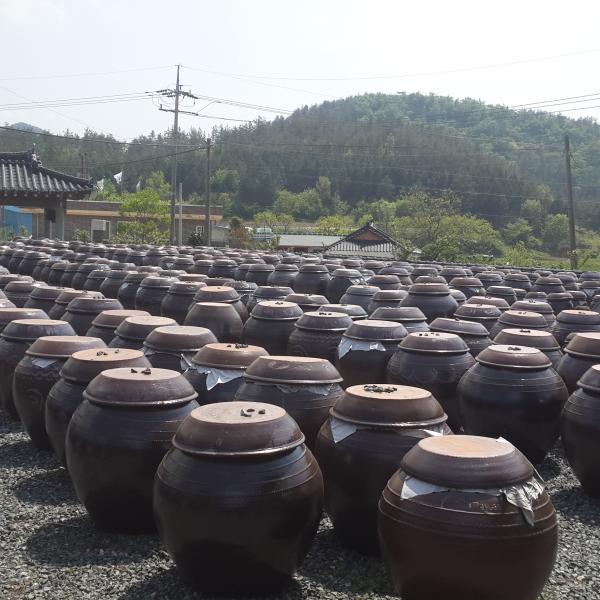Professor Kang is a historian of early modern Korea, with research and teaching interests in the history of science, the history of technology, and global material culture.
Kang’s research focuses on the history of East Asian science and technology in a global context, especially on the knowledge of Chosŏn Korean (1392–1910) artisans and military practitioners in the early modern world. His first book project emphasizes the rise of “engineers” amongst these artisans and practitioners and their system of material design and production. He argues that the Korean experts developed a technological literacy that proved innovative across various fields, that they won recognition for doing so, and that they creatively remade global material culture, from guns and water pumps to steam engines. Portions of this work have received the Turriano ICOHTEC Prize from the International Committee for the History of Technology, the Joan Cahalin Robinson Prize from the Society for the History of Technology, and the ICAS Book Prize (English—Best Dissertation in the Humanities) from the International Convention of Asia Scholars. The project has been supported by the American Council of Learned Societies, the Andrew F. Mellon Foundation, Korea Foundation, and the American Historical Association.
Kang’s research in the history of science has been published in Isis: A Journal of the History of Science Society, where his article emphasized the immobility of certain natural and technological knowledge. His future book project will further intervene in the global history of science by investigating “practical scholarship” in nineteenth-century Korea, namely, how a group of unemployed scholars, physicians, and noblewomen vetted “useful knowledge” from the ever-expanding global knowledge circuit.
Kang is a digital humanist as well. His DH projects include a network analysis of international criminals in seventeenth-century Nagasaki, published in the Journal of Cultural Analytics. He also works with imaging scientists, designers, and precision metalworkers to critically “rework” historical material culture, which has included disassembling and CT scanning artifacts, mocking up mechanical drawings in 3D, and fabricating prototypes for testing. Finally, with Michelle Suh, he co-designed the search engine and research platform Silloker, which provides exploratory data analysis on five centuries of historical data from Chosŏn Korea.
His research has also appeared (or is forthcoming) in the fields of ethnomusicology, diplomatic history, and global military history, in venues such as Routledge Handbook of Asian Music, Journal of World History, The Military Revolution and Revolutions in Military Affairs, and The Journal of Asian Studies.
Prior to joining the WashU faculty in 2021, he was a D. Kim Postdoctoral Fellow in the Department of the History of Science and Technology, Johns Hopkins University. He received his Ph.D. in History and East Asian Languages from Harvard University.





